Business compliance is no longer a mere formality; it’s a fundamental pillar of sustainable success. In today’s complex and increasingly regulated business landscape, failing to adhere to legal and regulatory requirements can lead to significant financial penalties, reputational damage, and even legal action. Business compliance encompasses a broad range of practices and policies designed to ensure that a business operates ethically, legally, and responsibly. It’s about proactively safeguarding the organization, its stakeholders, and its future. This article will delve into the core elements of business compliance, exploring key areas and providing practical guidance for businesses of all sizes. Understanding and implementing effective compliance strategies is an investment, not an expense, that yields substantial returns. Ignoring these essentials can have devastating consequences.
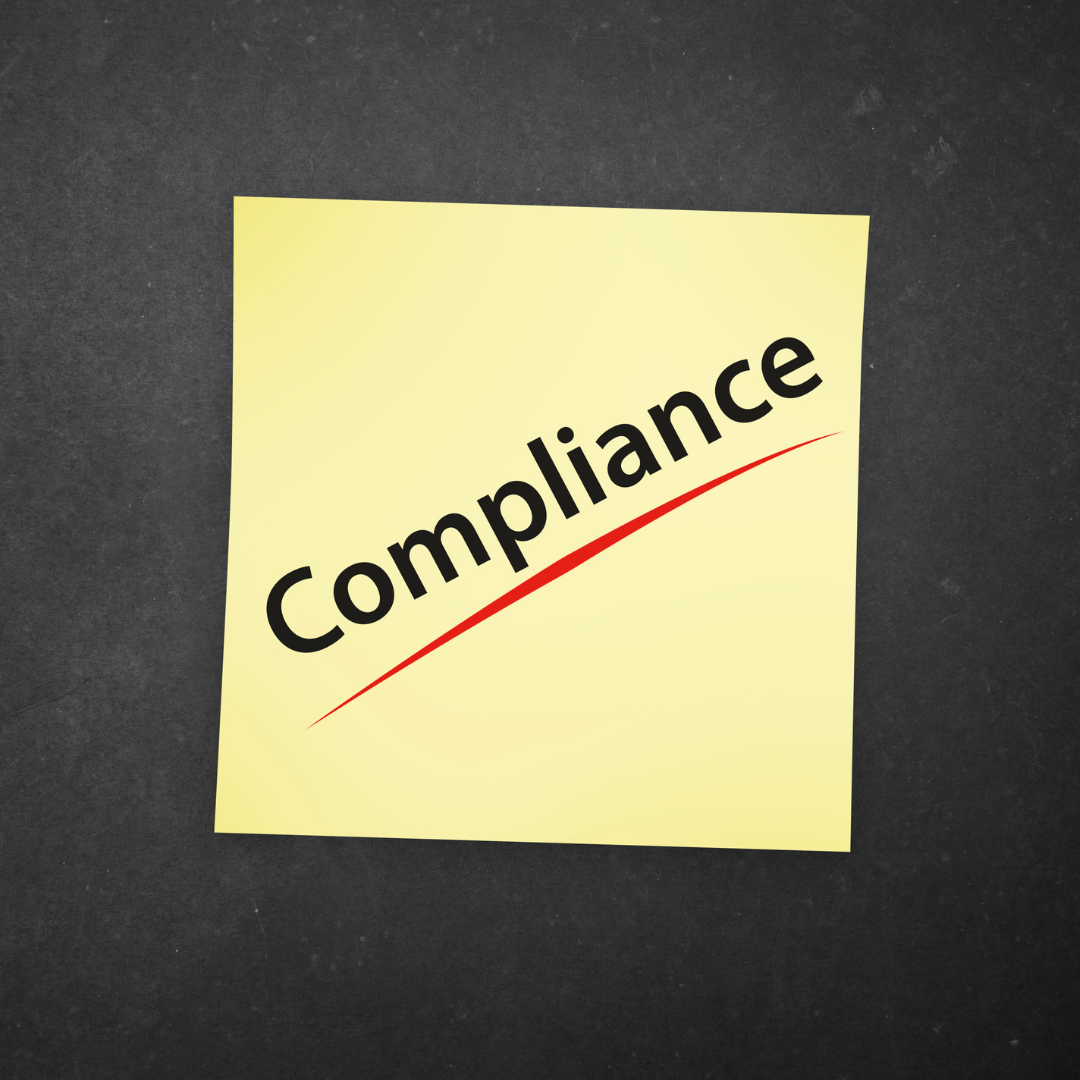
Understanding the Scope of Business Compliance
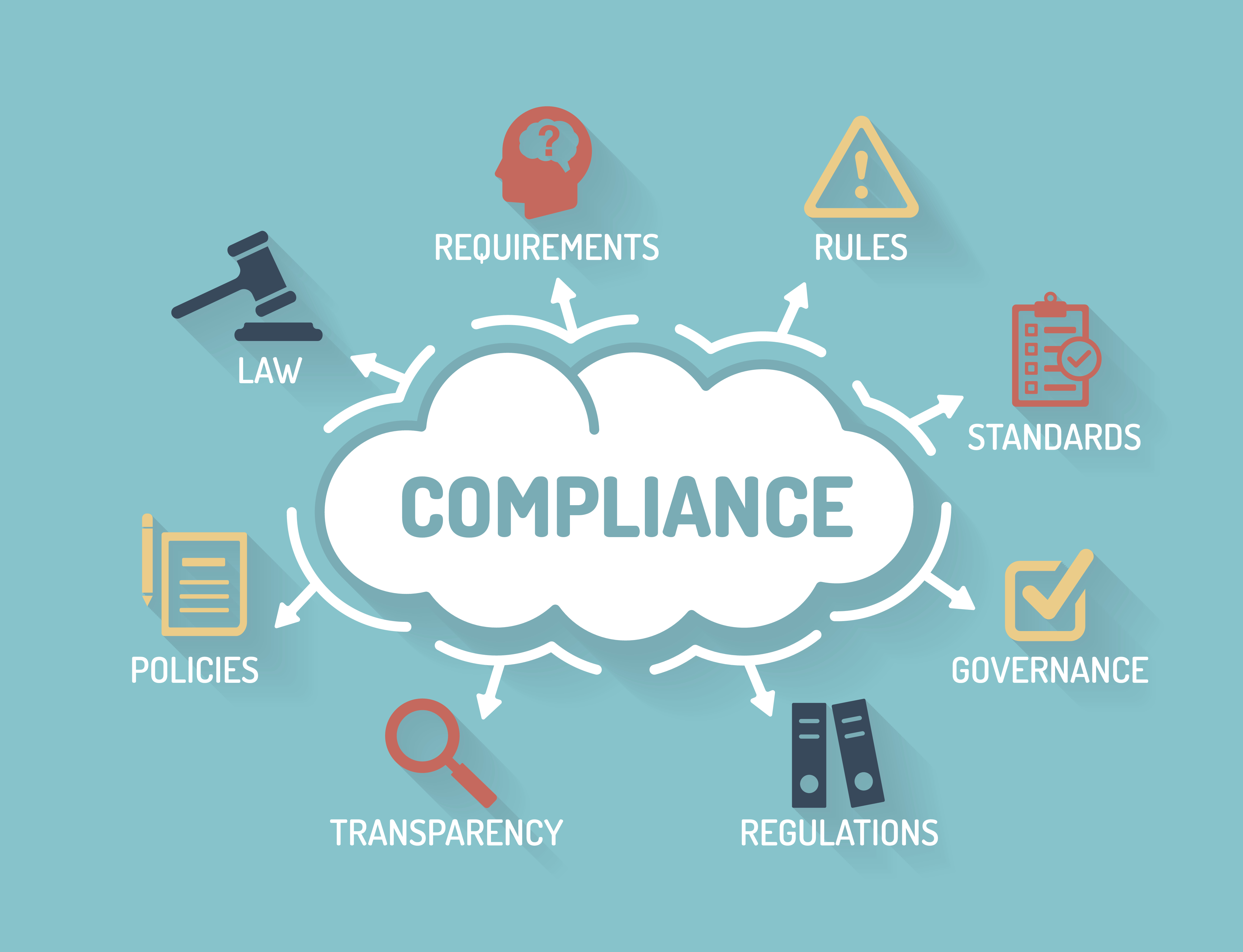
The breadth of business compliance is staggering. It’s a constantly evolving field, shaped by new legislation, industry-specific regulations, and shifting societal expectations. It’s not simply about ticking boxes; it’s about embedding a culture of accountability and ethical behavior throughout the organization. Different sectors face unique compliance challenges, including financial services, healthcare, manufacturing, and technology. For example, the financial industry is subject to stringent regulations regarding data security, anti-money laundering (AML), and consumer protection. Healthcare providers must comply with HIPAA and other privacy regulations. And manufacturers face regulations concerning product safety and environmental impact. A failure to address these areas can result in substantial fines, legal battles, and loss of public trust. Effective business compliance requires a holistic approach, considering all aspects of the business – from procurement and operations to marketing and human resources.
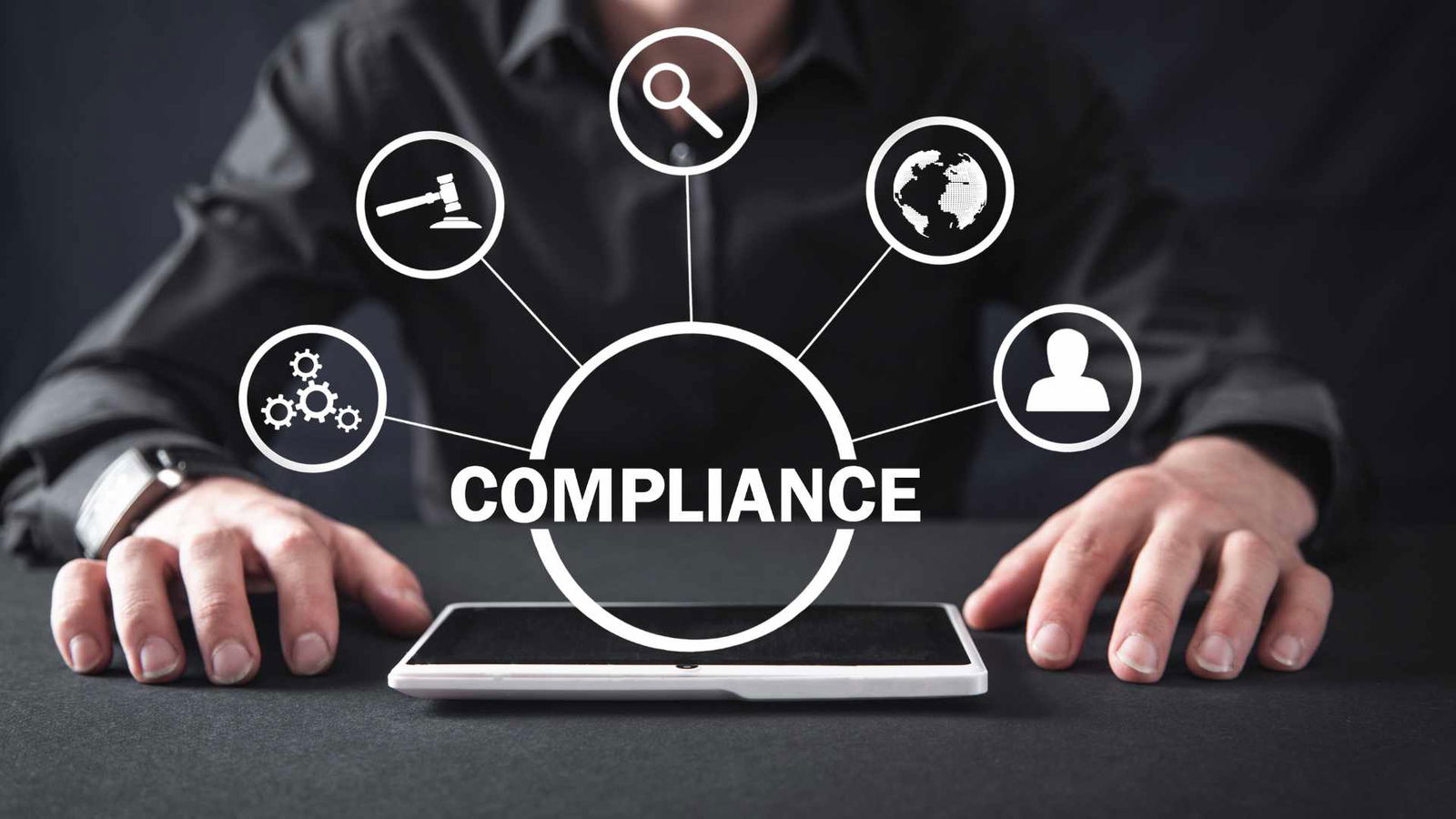
Data Privacy and Protection – A Critical Compliance Area
Data privacy and protection are arguably the most prominent and frequently cited area of business compliance. Regulations like GDPR (General Data Protection Regulation) in Europe, CCPA (California Consumer Privacy Act) in California, and various state-level privacy laws across the United States impose strict requirements on how businesses collect, use, and store personal data. Businesses must obtain consent for data collection, provide individuals with access to their data, and implement robust security measures to protect data from unauthorized access, use, or disclosure. Non-compliance with these regulations can result in hefty fines, lawsuits, and significant reputational damage. Furthermore, businesses must be transparent about their data practices and provide clear and accessible privacy policies. Implementing a data privacy management system, including data mapping, consent management, and data breach response plans, is crucial. Staying abreast of evolving data privacy regulations is an ongoing responsibility.
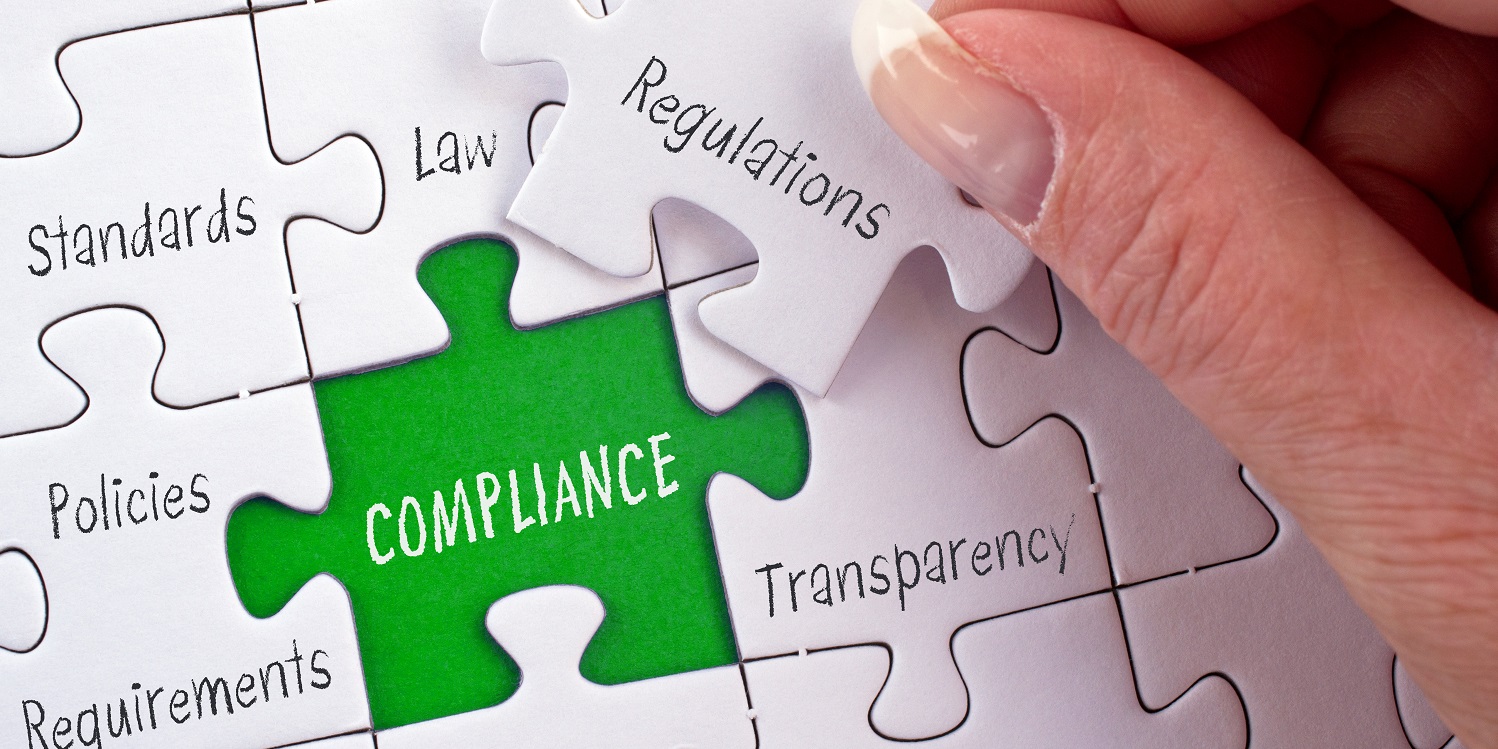
Anti-Money Laundering (AML) and Know Your Customer (KYC)
AML and KYC are two of the most critical aspects of business compliance, particularly for financial institutions and businesses involved in transactions with individuals or entities suspected of engaging in money laundering. AML requires businesses to implement procedures to identify and prevent the flow of illicit funds. This includes conducting customer due diligence (CDD) to verify customer identities, monitoring transactions for suspicious activity, and reporting suspicious transactions to the appropriate authorities. KYC, on the other hand, focuses on verifying the identity of customers and understanding their business activities. It’s a more comprehensive process than AML and is often required by regulatory bodies. Failure to comply with AML and KYC regulations can result in severe penalties, including criminal charges and substantial fines. Investing in robust AML/KYC programs requires significant resources and expertise, but it’s a vital investment in protecting the business and its stakeholders.

Environmental, Social, and Governance (ESG) Compliance
Increasingly, businesses are recognizing the importance of ESG (Environmental, Social, and Governance) factors. ESG encompasses a wide range of considerations, including environmental sustainability, social responsibility, and corporate governance. Businesses are facing growing pressure from investors, customers, and employees to demonstrate a commitment to ESG principles. This can involve implementing sustainable business practices, promoting diversity and inclusion, supporting local communities, and ensuring ethical sourcing. Failure to address ESG issues can negatively impact a company’s reputation, increase operational costs, and potentially lead to regulatory scrutiny. Developing an ESG strategy and integrating ESG considerations into business operations is becoming increasingly important for long-term success. Companies are increasingly using frameworks like the Global Reporting Initiative (GRI) to report on their ESG performance.
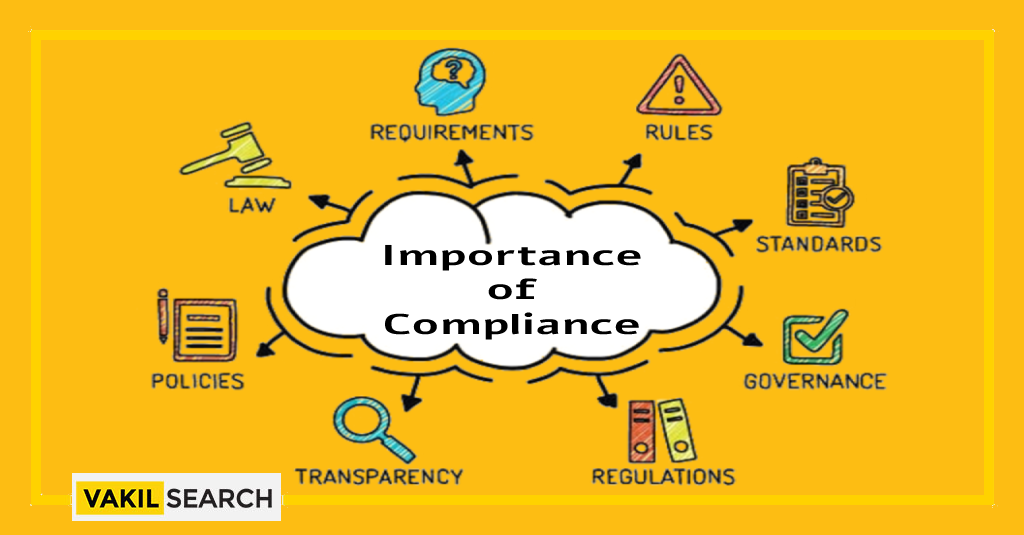
Labor and Employment Law Compliance
Business compliance extends beyond legal regulations to encompass labor and employment law. Businesses must comply with laws related to wages, hours, workplace safety, discrimination, and employee benefits. These laws vary significantly by jurisdiction, so businesses must tailor their compliance programs to the specific requirements of each location. Non-compliance with labor laws can result in costly lawsuits, penalties, and reputational damage. Furthermore, businesses must provide employees with fair treatment, reasonable working conditions, and opportunities for growth and development. Investing in employee training and development programs is a key component of effective labor compliance. Maintaining a positive and compliant workplace culture is essential for attracting and retaining talent.
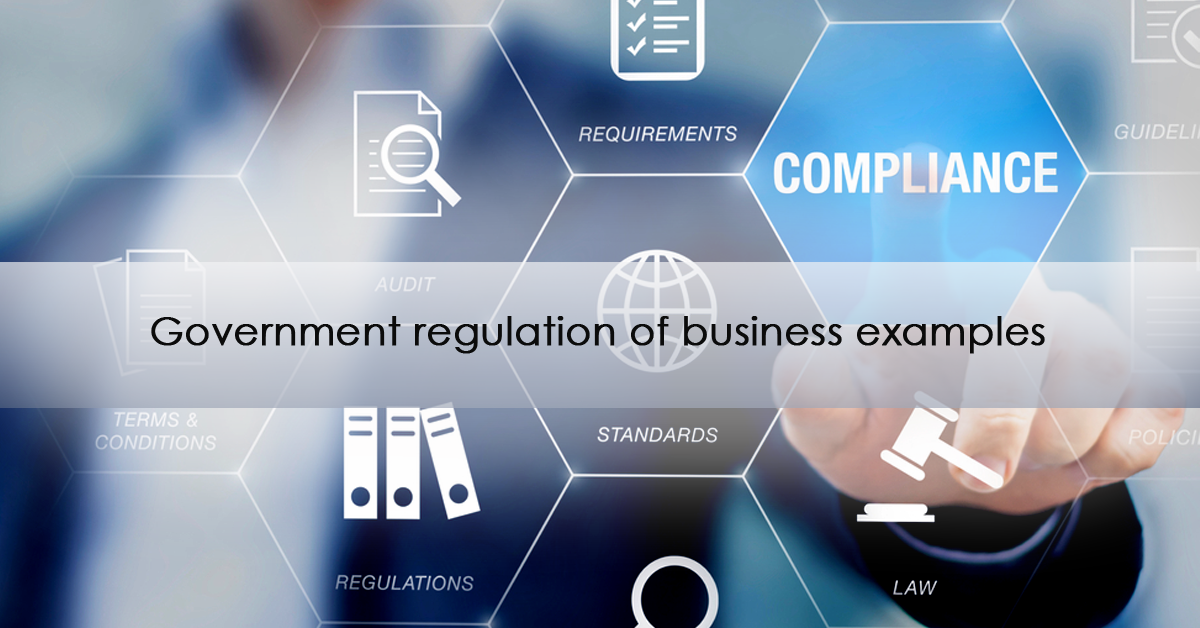
Cybersecurity and Data Security
With the increasing reliance on digital technologies, cybersecurity and data security have become paramount for business compliance. Businesses must implement robust cybersecurity measures to protect their data and systems from cyberattacks. This includes implementing firewalls, intrusion detection systems, and data encryption. Data security policies must be in place to protect sensitive information, and employees must be trained on cybersecurity best practices. Data breaches can have devastating consequences, including financial losses, reputational damage, and legal liabilities. Regular security audits and vulnerability assessments are essential for identifying and mitigating risks. Staying ahead of evolving cyber threats requires continuous monitoring and adaptation of security measures.

Regulatory Reporting and Auditing
Many industries are subject to regular regulatory reporting and auditing requirements. Businesses must maintain accurate records of their compliance activities and submit reports to regulatory agencies. Audits are conducted to verify compliance with regulations and identify areas for improvement. Failure to comply with regulatory reporting and auditing requirements can result in penalties, fines, and legal action. Maintaining accurate and up-to-date records is crucial for demonstrating compliance. Regular audits can help identify and address potential compliance gaps. Businesses should work closely with regulatory agencies to ensure that they are meeting all reporting and auditing requirements.
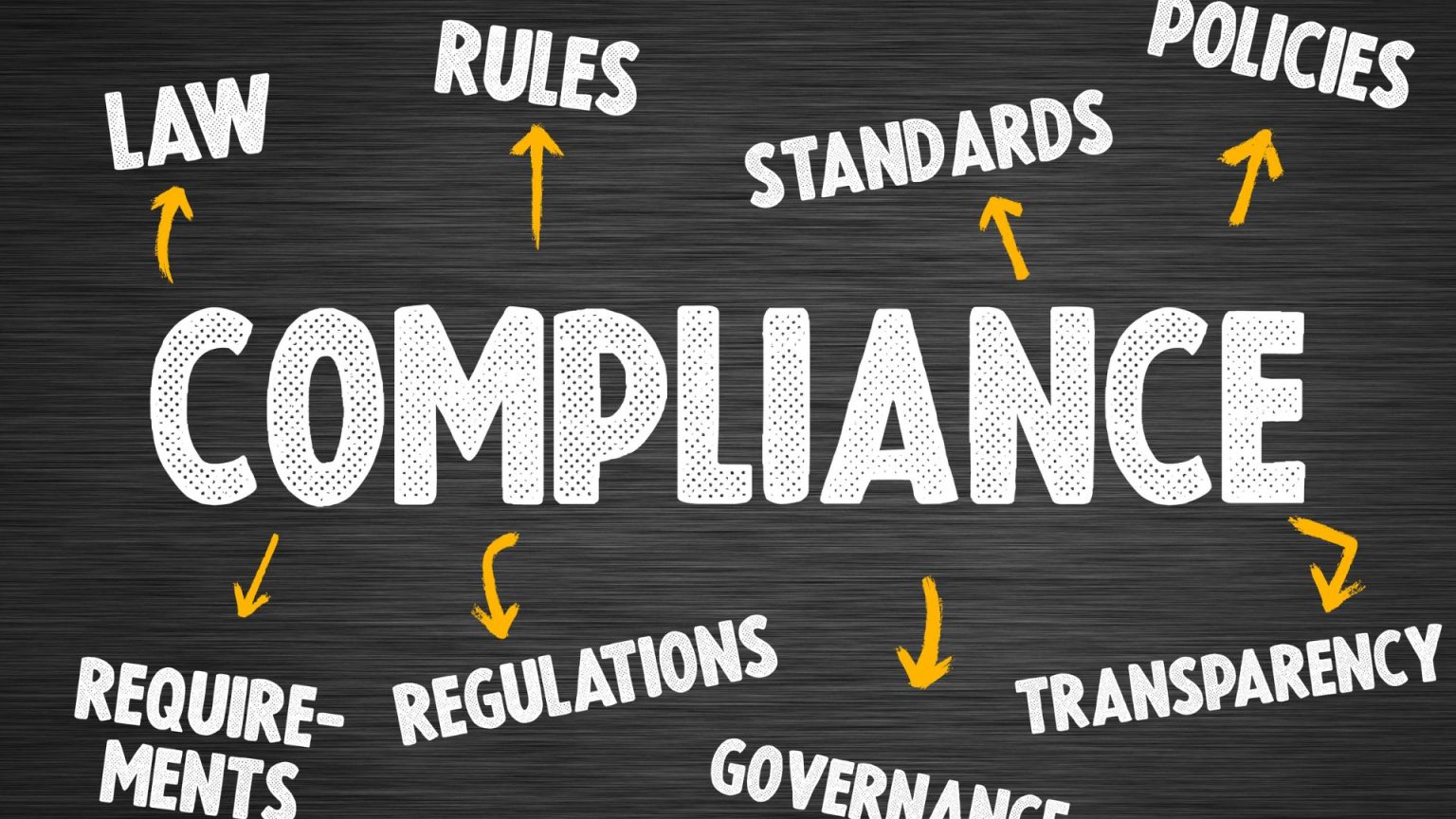
The Role of Internal Controls
Effective internal controls are a cornerstone of business compliance. These controls are designed to ensure that business processes are performed consistently and accurately, and that risks are identified and managed effectively. Internal controls can include policies and procedures, segregation of duties, and independent verification. Strong internal controls help to prevent fraud, errors, and non-compliance. Regularly assessing and testing internal controls is essential for maintaining their effectiveness. A robust internal control framework can significantly reduce the risk of compliance failures.

The Importance of Training and Awareness
Employee training and awareness are critical components of business compliance. Employees must be educated about relevant laws, regulations, and company policies. Training programs should be tailored to the specific roles and responsibilities of employees. Regular refresher training is essential to reinforce compliance knowledge. Promoting a culture of compliance through ongoing communication and engagement is also important. A well-trained and informed workforce is more likely to comply with regulations and maintain a strong ethical culture.
Conclusion
Business compliance is an ongoing journey, not a destination. It requires a proactive and sustained commitment from all levels of the organization. By understanding the key areas of compliance, implementing robust policies and procedures, and fostering a culture of accountability, businesses can minimize risks, protect their reputation, and achieve long-term success. Business compliance is not just about avoiding penalties; it’s about building a sustainable and ethical business that operates responsibly and contributes positively to society. Investing in compliance programs is an investment in the future of the organization. The consequences of non-compliance can be far-reaching, impacting everything from financial stability to brand reputation. Therefore, prioritizing business compliance is not merely a legal obligation; it’s a strategic imperative.